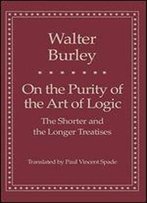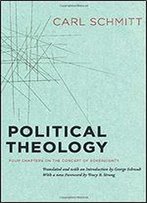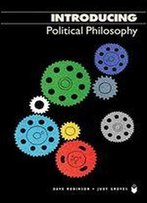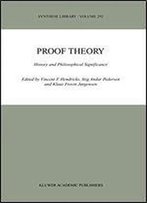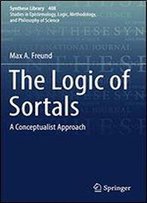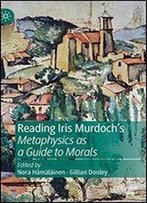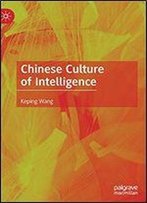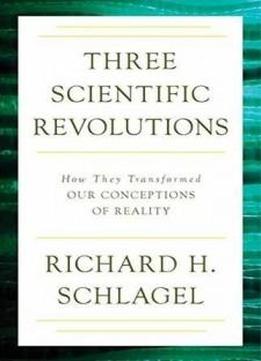
Three Scientific Revolutions: How They Transformed Our Conceptions Of Reality (gateway Bookshelf)
by Richard H. Schlagel /
2015 / English / EPUB
478.8 KB Download
Science has had a profound influence in shaping contemporary
perspectives of reality, yet few in the public have fully grasped
the profound implications of scientific discoveries. This book
describes three intellectual revolutions that led to the current
scientific consensus, emphasizing how science over the centuries
has undermined traditional, religious worldviews.
Science has had a profound influence in shaping contemporary
perspectives of reality, yet few in the public have fully grasped
the profound implications of scientific discoveries. This book
describes three intellectual revolutions that led to the current
scientific consensus, emphasizing how science over the centuries
has undermined traditional, religious worldviews.
The author begins in ancient Greece, where the first revolution
took place. Beginning in the sixth-century BCE, a series of
innovative thinkers rejected the mythology of their culture and
turned to rational analysis and the empirical study of reality.
This change in thinking, though it lay dormant for the many
centuries of Christian hegemony in the West, eventually gave rise
to the Enlightenment of the 17th and 18th centuries—the second
revolution. Highlighted by such luminaries as Kepler, Galileo, and
Isaac Newton, the Enlightenment laid the foundations for our
current understanding of the world.
The author begins in ancient Greece, where the first revolution
took place. Beginning in the sixth-century BCE, a series of
innovative thinkers rejected the mythology of their culture and
turned to rational analysis and the empirical study of reality.
This change in thinking, though it lay dormant for the many
centuries of Christian hegemony in the West, eventually gave rise
to the Enlightenment of the 17th and 18th centuries—the second
revolution. Highlighted by such luminaries as Kepler, Galileo, and
Isaac Newton, the Enlightenment laid the foundations for our
current understanding of the world.
Today we live amidst the third scientific revolution, including
Darwin's theory of evolution, Planck's concept of the quantum,
Einstein's relativity theories, Bohr's quantum mechanics, along
with Watson and Crick's decoding of the human genome with the
prospect of improving human nature. Besides technological
wonders, this revolution has also supported widespread respect for
freedom of thought, greater educational opportunities, and
democratic governments.
Today we live amidst the third scientific revolution, including
Darwin's theory of evolution, Planck's concept of the quantum,
Einstein's relativity theories, Bohr's quantum mechanics, along
with Watson and Crick's decoding of the human genome with the
prospect of improving human nature. Besides technological
wonders, this revolution has also supported widespread respect for
freedom of thought, greater educational opportunities, and
democratic governments.
Looking to the future, Schlagel sees many exciting possibilities
yet also potentially devastating threats to the environment. He
underscores the need for widespread scientific literacy, stressing
that only unfettered scientific inquiry offers a realistic hope of
overcoming these daunting challenges.
Looking to the future, Schlagel sees many exciting possibilities
yet also potentially devastating threats to the environment. He
underscores the need for widespread scientific literacy, stressing
that only unfettered scientific inquiry offers a realistic hope of
overcoming these daunting challenges.

